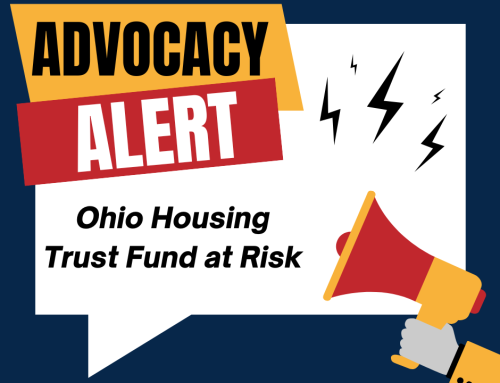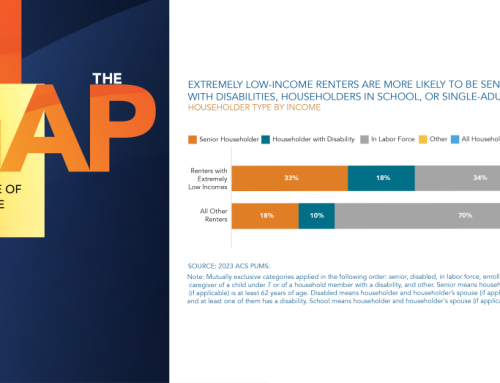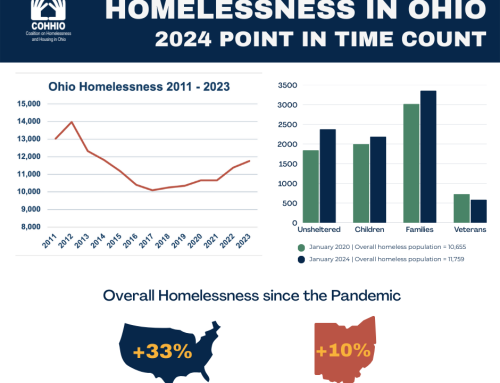Ohio’s move to expand Medicaid has been a critical factor in helping local efforts to prevent and reduce homelessness, according to a new report released today.
The Coalition on Homelessness and Housing in Ohio’s (COHHIO) report found that Medicaid covered only 36 percent of single adults accessing homeless services in 2013 in 83 of Ohio’s 88 counties. By 2016, two years after the state expanded Medicaid eligibility to adults with no dependent children, that percentage had increased to 80.2 percent.
Increased Medicaid coverage coincided with a significant decrease in the rate of homelessness in Ohio. From 2011 to 2016, the total number of homeless households decreased by over 20 percent, the rate of veteran homelessness fell by 27 percent, and chronic homelessness dropped by 61 percent, according to data from the annual Point in Time count.
“Most people who spent years living on the streets and homeless shelters were not actually eligible for Medicaid until the state eliminated eligibility restrictions for single, childless adults,” said COHHIO Executive Director Bill Faith. “Expanding Ohio’s Medicaid program to a population with high rates mental health and substance abuse issues was essential for helping people to escape long-term homelessness.”
The report indicates that Medicaid expansion has also improved low-income Ohioans’ financial circumstances, often preventing vulnerable households from becoming homeless. According to a recent survey of expansion enrollees, 48.1 percent said Medicaid coverage helped them remain current on their rent or mortgage. In addition, 52.1 percent of employed beneficiaries said Medicaid helped them continue working, while 74.8 percent of unemployed enrollees said it facilitated their job search.
COHHIO’s report includes stories from frontline homeless service providers describing how Medicaid expansion helped to stabilize their clients’ lives.
Beth Strassman, Shelter Plus Care Coordinator for Integrated Services for Behavioral Health in Southeast Ohio, shared the story of a formerly homeless client in Athens County who was laid off his roofing job after a workplace injury.
“He fell off a roof on a job several years ago. He was treated for his injuries, but then became addicted to pain pills and was homeless for several years,” Strassman recalled. “It wasn’t until the Medicaid expansion took place that he was able to access treatment for his addiction. This man is now gainfully employed and has his own health insurance through his employer.”
The report comes as federal and state policymakers consider legislation proposing major changes to the Medicaid program. The U.S. House’s American Health Care Act would cut federal funding for states’ Medicaid programs in 2020 and impose new limits on reimbursing costs for the expansion population. Ohio’s U.S. Sen. Rob Portman, who has expressed concern about the House’s Medicaid proposal, has reportedly been tasked with helping to devise an alternative for the Senate.
Meanwhile, the state budget that recently passed the Ohio House would erode coverage for more than 700,000 Ohioans enrolled through Medicaid expansion. House Bill 49 would impose new monthly fees and work requirements that jeopardize coverage for people seeking work or waiting to enter an addiction treatment program.
While federal and state leaders have cited concerns about the cost of Medicaid when proposing cuts to the program and new barriers to coverage, Faith predicted that the proposed changes would only shift costs to other publicly funded systems.
“Without access to Medicaid coverage for vulnerable Ohioans, there will be more untreated mental illness and substance abuse in our communities, more people in local homeless shelters, hospital emergency rooms, child welfare agencies, courts and jails,” Faith said. “We call on state and federal leaders to protect Medicaid expansion so that Ohio can keep winning the fight against homelessness.”
More Information:
- COHHIO Medicaid report: A Remedy for Homelessness and Housing Insecurity
- Ohio Department of Medicaid report: Ohio Medicaid Group VIII Assessment







